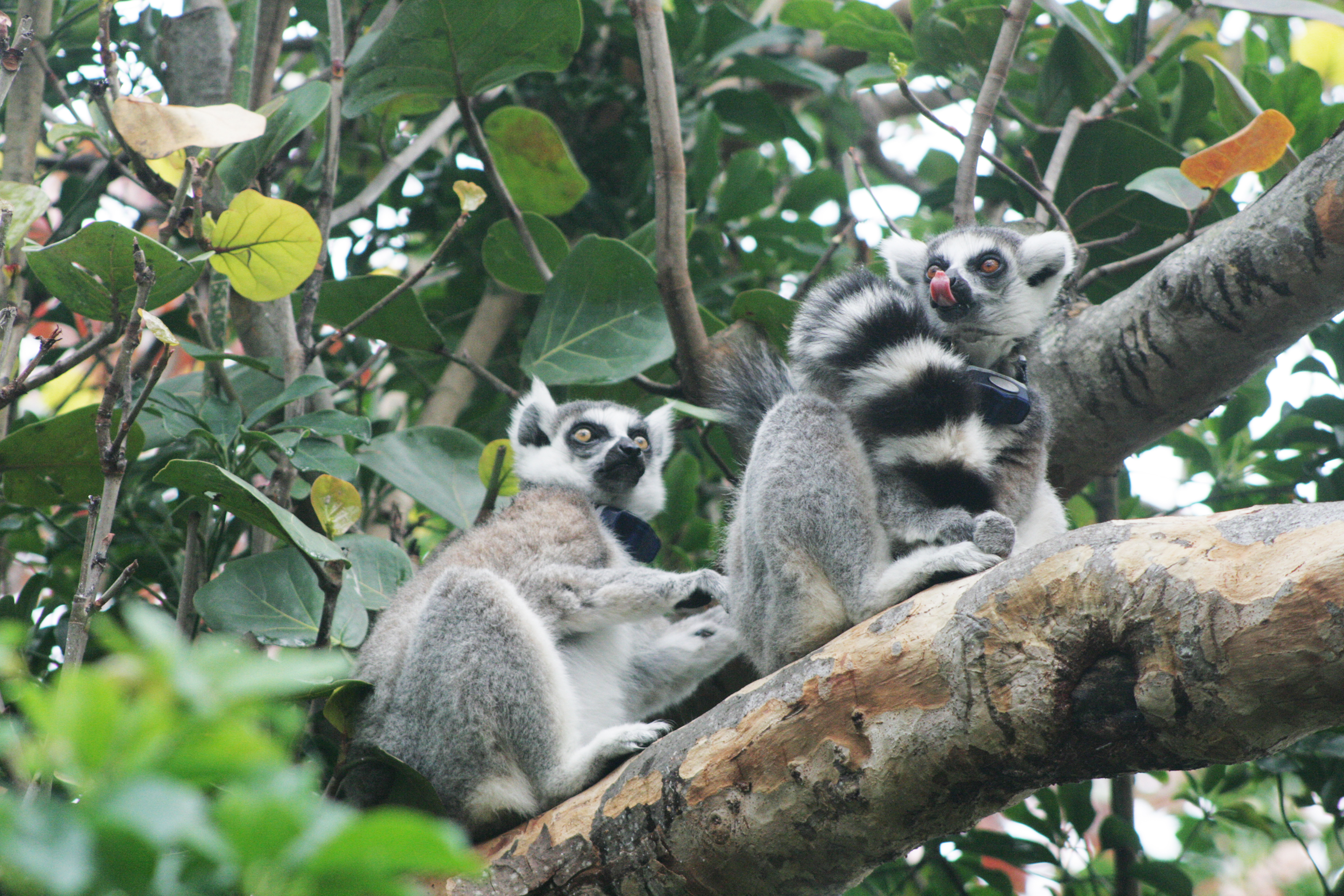Recent News
Azu Beastro: Introducing Arugula and Chef Sam CrewWednesday, July 01, 2015
From the fresh local farm produce, to the fresh herbs being grown right on the café’s patio overlooking Harrington Sound, diners at the Azu Beastro are certain to be delighted with the delectable options being created by the restaurant’s new concession holder, Arugula.
The Trunk Island Campaign: Investing in the Future
Wednesday, July 01, 2015
It was once unusual for the formal education of children to occur anywhere besides within the four-walls of the classroom, but today, there is a broader view on how teaching should occur, taking into account the whole child and diverse learning needs.
Creating Innovative Classes to Enhance School Curriculum
Wednesday, July 01, 2015
There has been increasing interest in educational circles in developing interdisciplinary STEM (Science, Technology, Engineering and Math) programmes that not only teach students about scientific method in the classroom, but also how it can be applied in real life experiences.
Curator’s Corner
Wednesday, July 01, 2015
Firstly, we’d like to thank you for your patience over the last several months. The replacement of the Aquarium roof has gone very well and we’re extraordinarily happy with the end product.
Scholarship recipient tracking Longtails
Wednesday, July 01, 2015
BZS/Steinhoff Scholarship recipient Miguel Mejias, a Biology student at Memorial University in St. John’s, Newfoundland, has been undertaking some very interesting and exciting research on White-tailed Tropicbirds (Phaethon lepturus catesbyi), better known to most Bermudians as the “Longtail”.
About
GovernanceAbout Us
Newsletter
Latest News
Gift & Bookstore
Contact
General Inquiries
info@bzs.bm
Latest News
All the latest updates and news from the Bermuda Aquarium, Museum, and Zoo, one of Bermuda's leading visitor attractions!

The residents of the Bermuda Aquarium Museum and Zoo have not received Covid-19 vaccinations, but that could change as research continues.
Ian Walker, principle curator at BAMZ, confirmed that while some larger zoos in the United States have been working with a vaccine manufacturer to test a potential vaccine on a variety of species, no such vaccinations have been performed at BAMZ.
Dr Walker said: “It is my understanding that the United States Department of Agriculture has approved this vaccine for experimental use on a case-by-case basis in the United States only.”
He added that the number of species known to contract Covid-19 – and show symptoms of the virus – is still growing.
Dr Walker said: “The number of species of animals that are known to become infected, including showing symptoms, with this virus are growing.
“This is why we have taken the strict precautions we have at BAMZ from the start of the pandemic. These precautions help to protect our staff, animals and our visitors.
“We will continue to follow the science, work with our partners and will vaccinate the appropriate animal populations when a vaccine has been approved and we can gain access to it.”
The US-based Centres for Disease Control said that “companion animals” such as cats and dogs, along with several other species, have been able to contract the virus.
The CDC said: “There have been reports of animals infected with the virus worldwide. Most of these animals became infected after contact with people with Covid-19.”
Along with a small number of pets, zoo animals including lions, tigers, pumas, cougars, snow leopards and gorillas have tested positive for Covid-19 after showing signs of illness.
Minks at farms in several countries have also been shown to contract the virus, with mink to human spread of Covid-19 reported in the Netherlands, Denmark and Poland.
Recent experimental research has shown that many other mammals, including bank voles, ferrets, fruit bats, hamsters, pigs, rabbits, racoon dogs, tree shrews and white-tailed deer can be infected with the virus.


